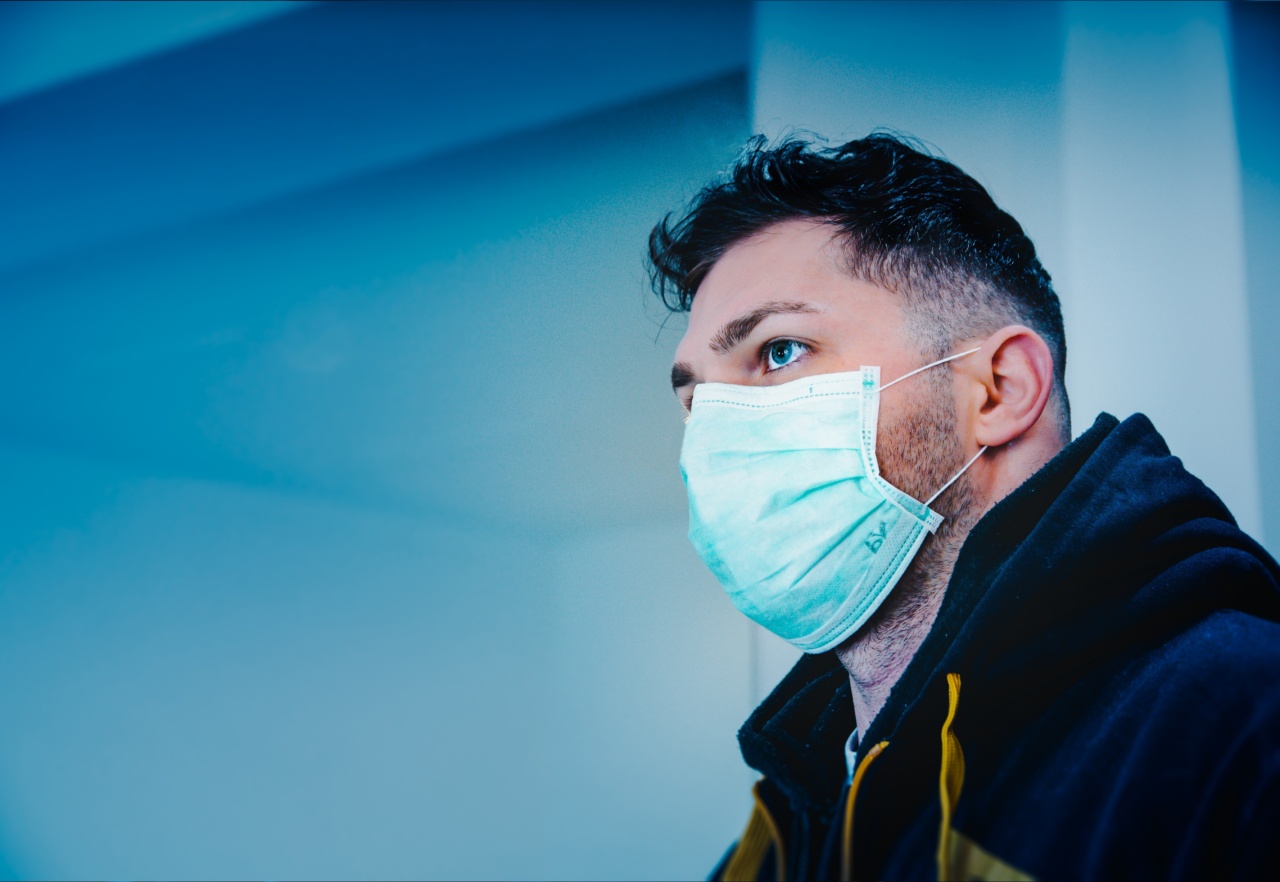Being sick is never a pleasant experience. It brings a whole host of unpleasant symptoms like fever, cough, runny nose, and body ache. One common symptom experienced by many people when they are sick is feeling cold.
Even though you might be wearing layers of clothing and blankets, you just can’t seem to warm up. But why does this happen? Why does our body feel cold when we are sick? Let’s find out.
What happens when we get sick?
When our body comes in contact with a bacteria or virus, our immune system kicks in to fight it off.
As part of the immune response, our body triggers certain reactions that can cause a rise in body temperature and other symptoms like fatigue, headache, and muscle pain. These symptoms are our body’s way of letting us know that there is something wrong and it needs help to fight off the invading organism.
What causes the feeling of coldness?
One of the ways our body fights off the invading organism is by heating up the body. This is done by several mechanisms like increasing the metabolic rate, releasing certain chemicals, and shivering.
The rise in body temperature can cause us to feel hot, sweaty, and uncomfortable. But interestingly, sometimes our body can go into overdrive and raise the body temperature beyond what is required. When this happens, our body tries to bring down the temperature by inducing a feeling of coldness.
How does our body induce a feeling of coldness?
Our body has several mechanisms to bring down the body temperature when it rises too high. One of the main mechanisms is by dilating the blood vessels in the skin. This helps to increase blood flow to the skin, which facilitates heat loss from the body.
When this happens, you might notice that your skin feels cold to the touch. Another mechanism our body uses is sweating. Sweating helps to cool down the body by evaporating sweat from the skin surface.
When these mechanisms are activated, we may start to feel chills and shivers, even if the room temperature is warm and comfortable.
Why do we shiver when we have a fever?
Shivering is a way our body tries to generate heat by using the muscles to create friction. When the muscles contract and relax rapidly, they produce heat as a byproduct.
This heat helps to raise the body temperature and counteract the effects of the invading organism. Shivering can also result in us feeling cold, even if our body temperature is higher than normal.
How can we manage the feeling of coldness when we are sick?
If you are feeling cold when you are sick, there are a few things you can do to help manage the feeling. Here are some tips:.
Keep yourself warm:
Try to keep yourself warm by wearing layers of clothing and blankets. You can also use a heating pad or a warm compress to help increase the body temperature.
Stay hydrated:
Drink plenty of fluids like water, tea, and juice to stay hydrated. This will help your body to regulate its temperature better.
Take a warm bath:
You can also take a warm bath to help raise your body temperature and soothe your muscles. Make sure to check with your doctor before taking a bath if you have a fever.
Rest:
Get plenty of rest and sleep to allow your body to fight off the illness.
Conclusion
Feeling cold when we are sick is a common symptom that most people experience at some point in their life. It happens because our body is trying to counteract the effects of the invading organism by raising the body temperature.
When our body goes into overdrive and raises the temperature beyond what is required, we may feel a sensation of coldness. By understanding the mechanisms behind this symptom, we can take steps to manage it effectively and get better faster.































